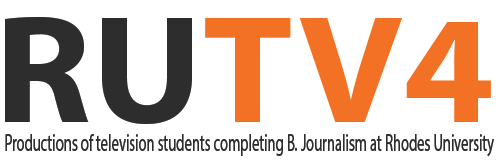

Angola Saudedas
 He wrote, “Angola is hungry for a new future. After 27 years of war there’s been peace for 3 years now.”
He wrote, “Angola is hungry for a new future. After 27 years of war there’s been peace for 3 years now.”
He wrote, “Around here people ask, “Will Angola rise from the ashes and be rebuilt again?” ”
An unknown voice reads letters which take the viewer on a journey across different realities of Angola. Between street boys and fashion models we encounter a kaleidoscope of characters and colours that turn around the striking contradictions of poverty and plenty in one of Africa’s largest producers of oil and diamonds.
Poetry and musical lyrics are used in conjunction with each other and together, film and music create poems and fragments out of the enigma that is Angola. Angola Saudades from the one who loves you seems to be a people’s story told from the street up, one which captures a unique moment in Angola’s history, a country just coming to terms with the reality of peace.
The story of Angola after its civil war is told through the eyes of carefully chosen characters from diverse backgrounds. We as viewers go on a gripping exploration through a shattered country, giving us an insight in what it means to live in an environment which has outrageous capital derived from its abundant oil and diamond wealth, flagrantly displayed in an almost mocking fashion by the minority political and military elite, but where the man on the street must struggle to put a meal on the table for his children.
Another prominent theme in the production is the style of the narration. At first, the viewer is confused as to who is doing the voiceover, but we assume that letters are being read. The narration is both poetic and informative at the same time.
Music also appears to be a dominant theme in the film, as we can see how the rapper uses music almost as a form of escapism from the atrocities surrounding him. One of our central characters is MCK, a politicized street rapper, who uses his songs as a protest against the corruption he sees around him, but through his music also runs the risk of been persecuted by the police.
The juxtaposition of tremendous wealth and great need is the tension / contradiction that runs throughout the film. Now that peace has come people are beginning to rebuild their lives. For some every day is a struggle for survival. For others every day provides lucrative opportunities for making all kinds of business deals.
Throughout the film we ask the question; can this damaged nation use the illusive tools of democracy as the court of the people, to bring into power new leaders who feel the pain of the man of the street, who will use the states vast mineral resources for the up-liftment of society as opposed to only themselves and their patrons…? I feel many of these questions can be asked of our own country. During Apartheid, South Africa was nearly on the brink of a civil war. If we had gone that far, would we have ended up like Angola?
Is Angola destined to remain a military state, merely masquerading as a democracy…?
The film provides no answers, it makes no judgments, and it leaves it to the viewer to make up their own mind. This is a great element of documentary making and I wish to use this technique in my future documentaries.







Leave a Reply